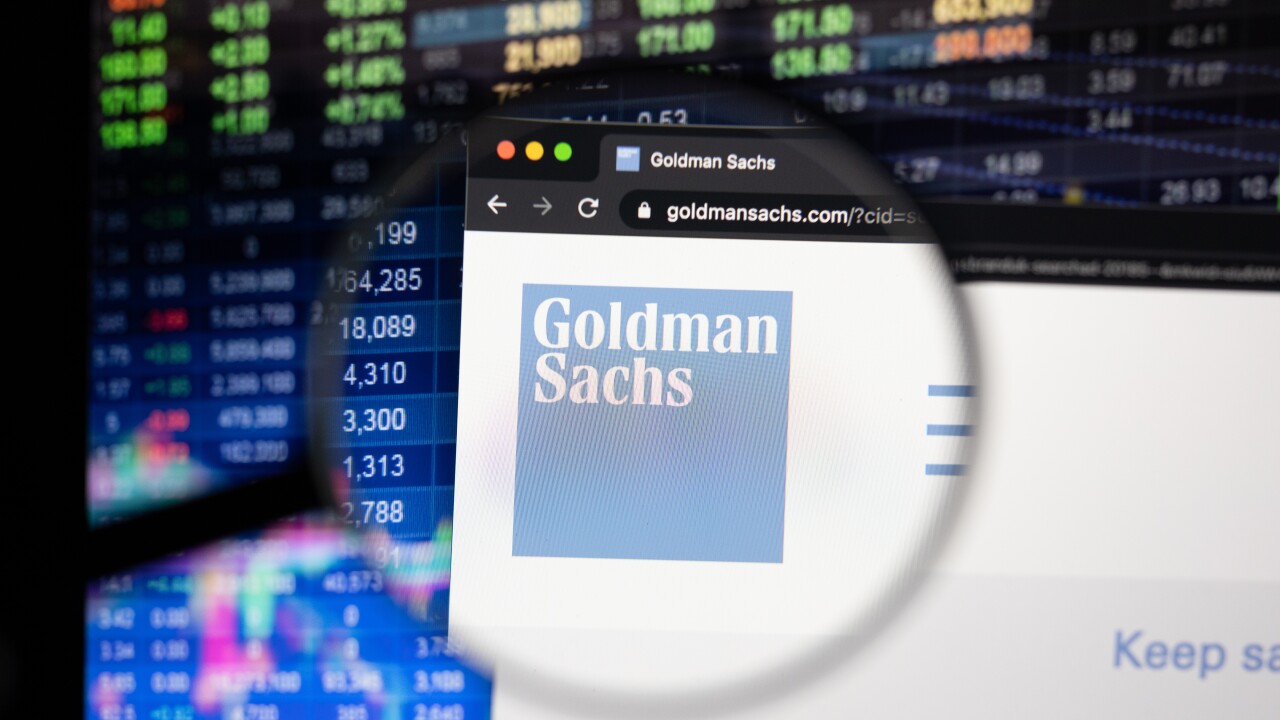Receiving Wide Coverage ...
Earnings season
Analysts at KBW “expect large U.S. banks’ earnings to drop by 23% in the first quarter compared with a year ago.” Earnings season kicks off Tuesday with JPMorgan Chase and Wells Fargo, followed by Goldman Sachs, Bank of America and Citigroup on Wednesday and Morgan Stanley later in the week.
“The first three months of 2020
“Banks have already given some hint of how they are being affected, but there is a lot that we do not know,” says the Financial Times, which looks at the top
“Global investment banks risk seeing their

Higher standards
Banks participating in the Small Business Administration’s Paycheck Protection Program “are torn: The program aims to have them quickly disburse loans to businesses struggling for oxygen, but banks have concerns about letting slide the more involved due diligence ordinarily done on every loan application. In a worst-case scenario, banks fear they could be punished down the road for approving shoddy loans,” the Journal says.
“The SBA has said lenders can rely on borrowers’ self-certifications of the accuracy of their payroll data to approve stimulus loans. But
“Thousands of small-business owners are at risk of being shut out” of the PPP “because of limits set by lenders grappling with overwhelming demand,” the New York Times reports. “And for small-business owners [who are] black, the hurdles could be much higher. That’s because minority-owned businesses often have
Separately, the FT says, banks shouldn’t try to be “do-gooders” or be shamed into it by lending recklessly during the pandemic. They shouldn’t “use their freed-up equity capital as a basis for higher leverage, borrowing $5 trillion of funds to spray at the economy and keep the flames of coronavirus at bay. If any bank was really tempted to do this, rather than merely hint at it in PR-friendly messaging,
Wall Street Journal
Worse than doomsday
Rather than a “hypothetical doomsday scenario” created by the Federal Reserve, banks this year “will be tested against a real one: the coronavirus pandemic," the paper reports. "The Fed said Friday it is adjusting its annual stress tests for banks to incorporate lenders’ performance during the coronavirus-triggered downturn, which is worse than the hypothetical scenarios that the central bank previously planned to use.”
“The right thing to do is for us to continue our stress tests but as part of them to analyze how banks’ portfolios are responding to real, current events, not just to the hypothetical event that we announced earlier this year,” Randal Quarles, the Fed’s vice chairman for supervision, said Friday, “signaling that the existing tests were no longer a sufficient means by themselves to
Elsewhere
Getting tougher
JPMorgan Chase plans to “raise borrowing standards this week for most new home loans as the bank moves to mitigate lending risk stemming from the novel coronavirus disruption,” Reuters reports. Starting Tuesday, “customers applying for a new mortgage will need a credit score of at least 700, and will be required to make a down payment equal to 20% of the home’s value. The change highlights how banks are quickly shifting gears to respond to the darkening U.S. economic outlook and stress in the housing market.”
“The changes should help JPMorgan
Quotable
“A lot of banks are really worried about





